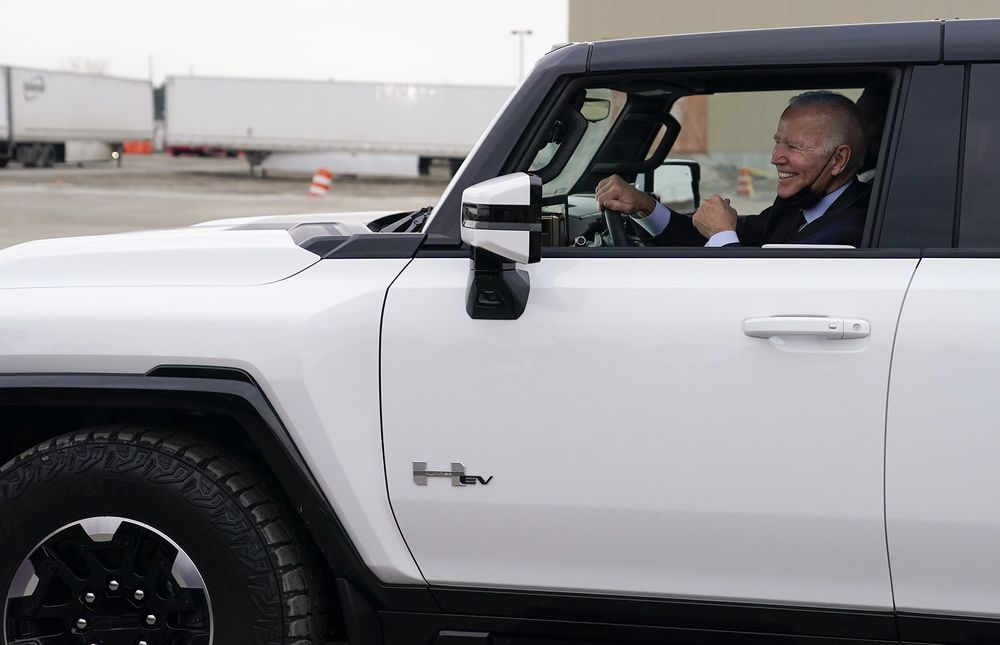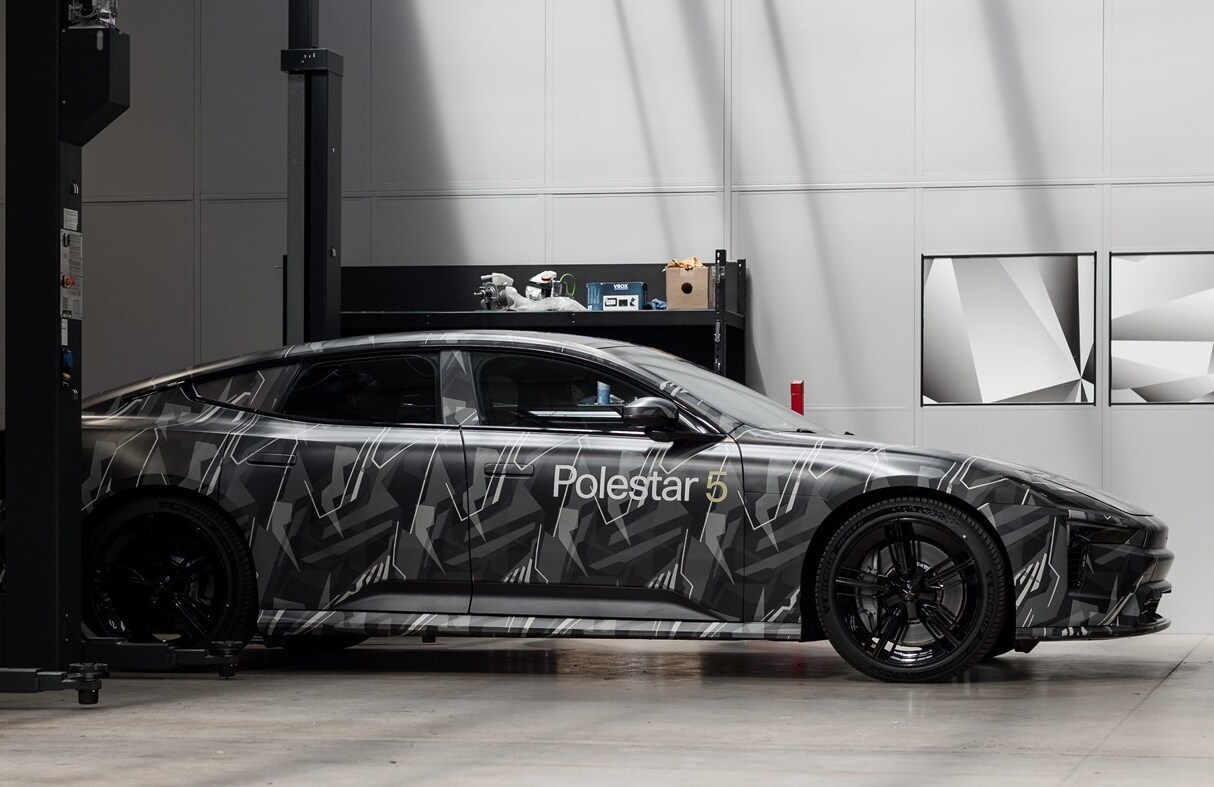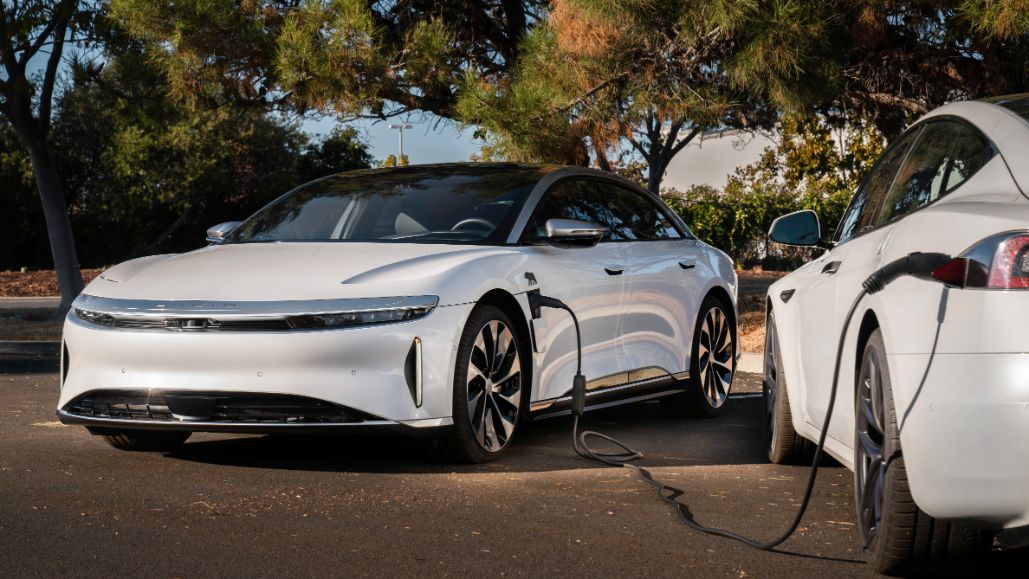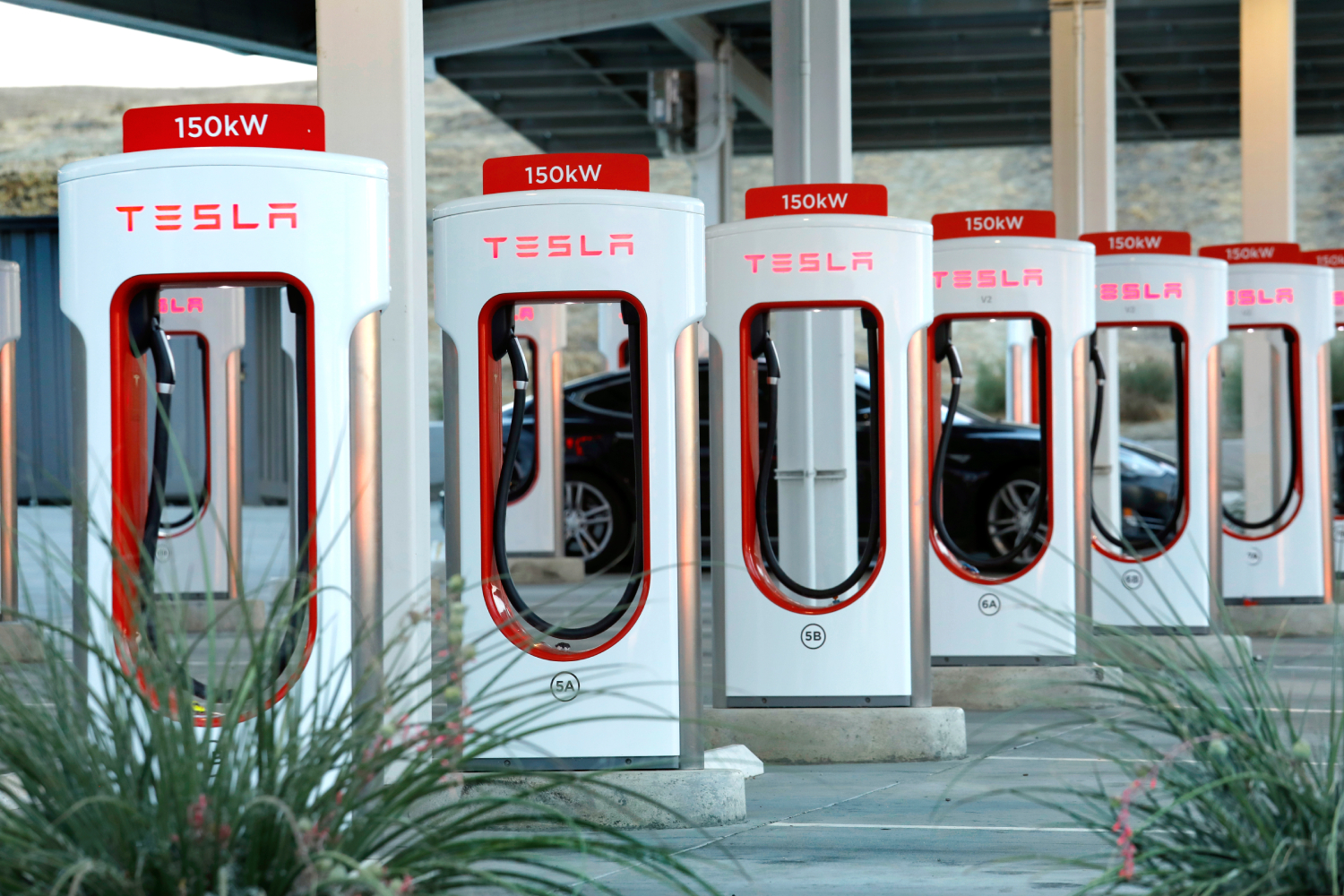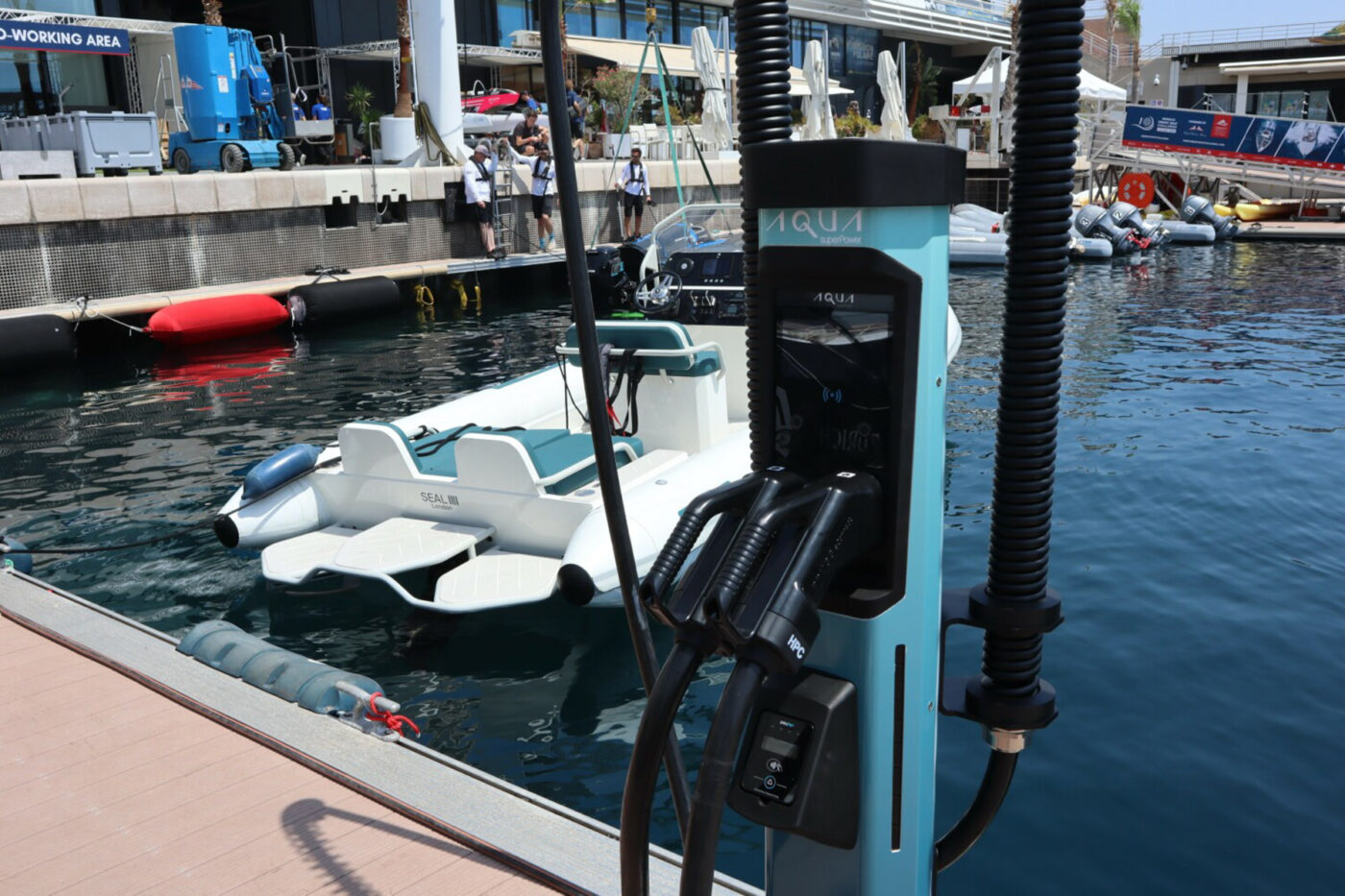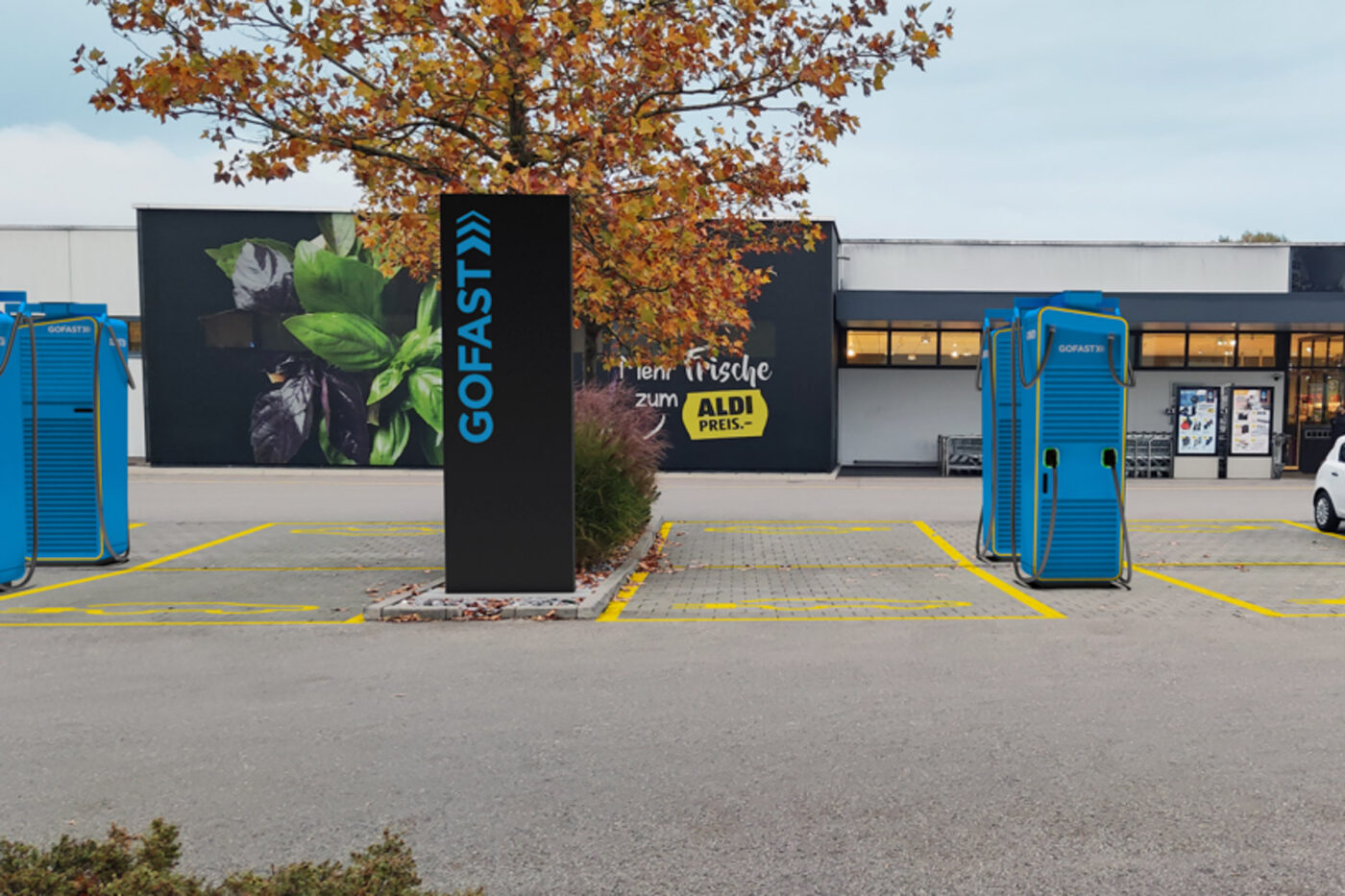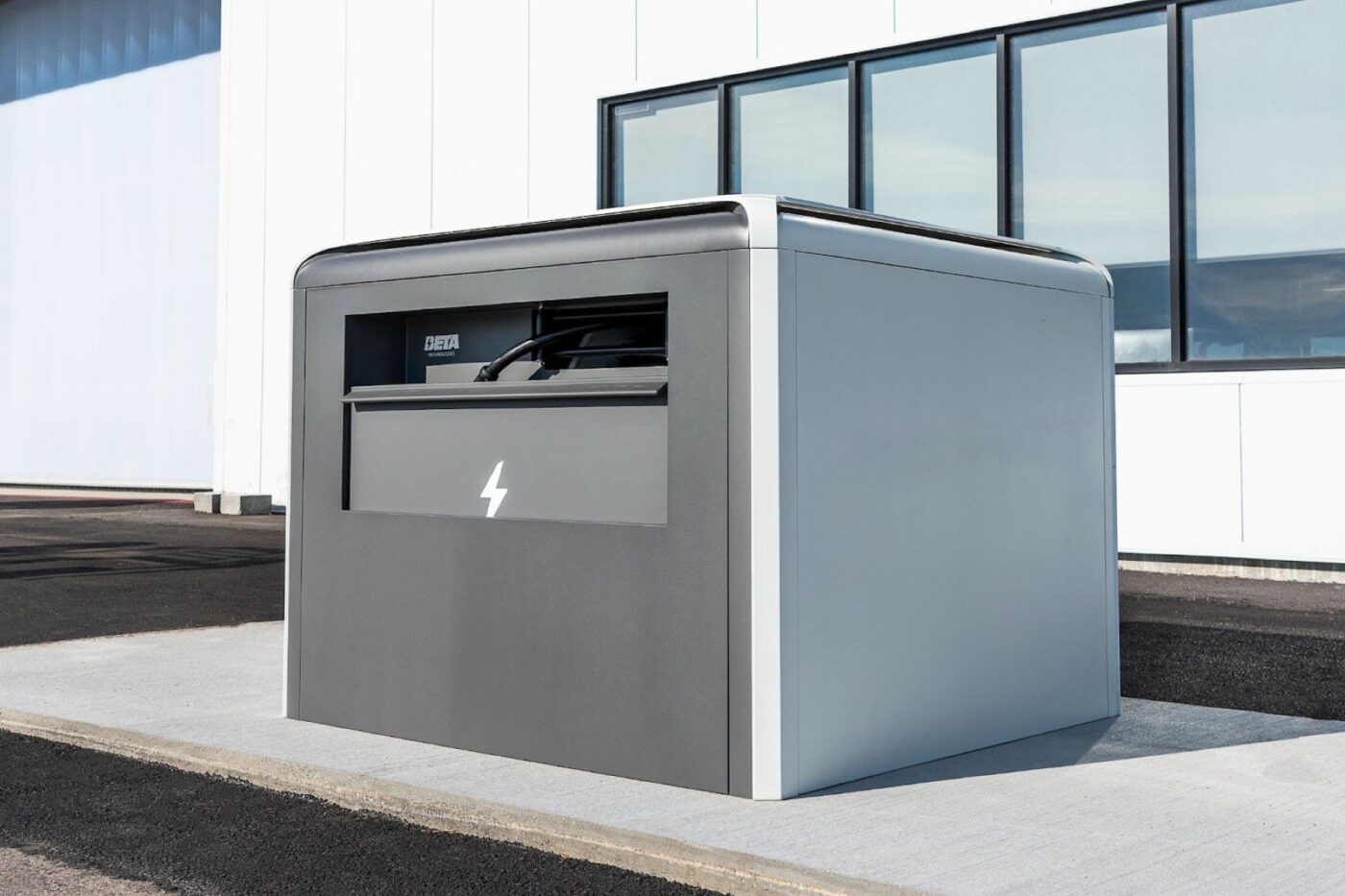White House has conveyed President Joe Biden’s intent to veto a Senate Republican effort to overturn his administration’s decision to waive certain “Buy America” requirements for government-funded electric vehicle (EV) charging stations. The move underscores the ongoing debate over domestic manufacturing standards and their implications for the rapidly growing electric vehicle market.
The Republican bill, set for a crucial vote at 5:30 p.m. ET (1030 GMT), has been met with resistance from the Biden administration. According to the White House, this legislation, if enacted, would effectively eliminate the domestic manufacturing requirement for government-funded EV chargers, potentially causing adverse effects on domestic manufacturing and American jobs.
The controversy stems from a decision made by the Federal Highway Administration (FHWA) in February, where the agency agreed to waive certain requirements through July 2024. This move was justified as a means to expedite the acquisition and installation of EV chargers.
The White House contends that the Republican bill, seeking to rescind the waiver, would not only undo the FHWA’s decision but also overturn the imposition of Buy America rules on EV chargers. As a result, the exemption established during the 1983 Reagan administration for manufactured products from Buy America requirements would once again apply. This would mean that EV chargers would no longer be subject to any Buy America requirements.
However, Republican Senator Marco Rubio challenged the White House’s argument, asserting their willingness to separately rescind the 1983 waiver at any time. Rubio highlighted concerns about the Biden administration’s waiver, which, in his view, directs taxpayer dollars toward foreign-made EV chargers, potentially undermining domestic manufacturing.
Underpinning this legislative clash is the $7.5 billion allocated by Congress to fund electric vehicle charging stations. The 2021 bipartisan infrastructure law stipulates that federal infrastructure projects, including EV chargers, must source at least 55% of construction materials, such as iron and steel, from domestic suppliers and be entirely manufactured in the United States.
It’s important to note that the rules adopted in February do not initiate the 55% requirement until July 2024, and chargers must be assembled at a U.S. factory. EV chargers are reliant on iron and steel for vital components, including the internal structural frame, heating and cooling fans, and power transformers. In cases where chargers feature cabinets housing these components, steel can account for up to 50% of the total cost.
The strain on the global supply chain due to increasing demand for EV chargers has prompted concerns from U.S. states and companies. They argue that meeting the made-in-America standards while expediting charger construction is challenging, if not infeasible, given the current supply chain dynamics. This ongoing debate underscores the complex interplay between domestic manufacturing requirements, economic considerations, and the burgeoning electric vehicle industry.

